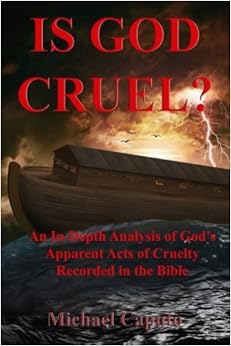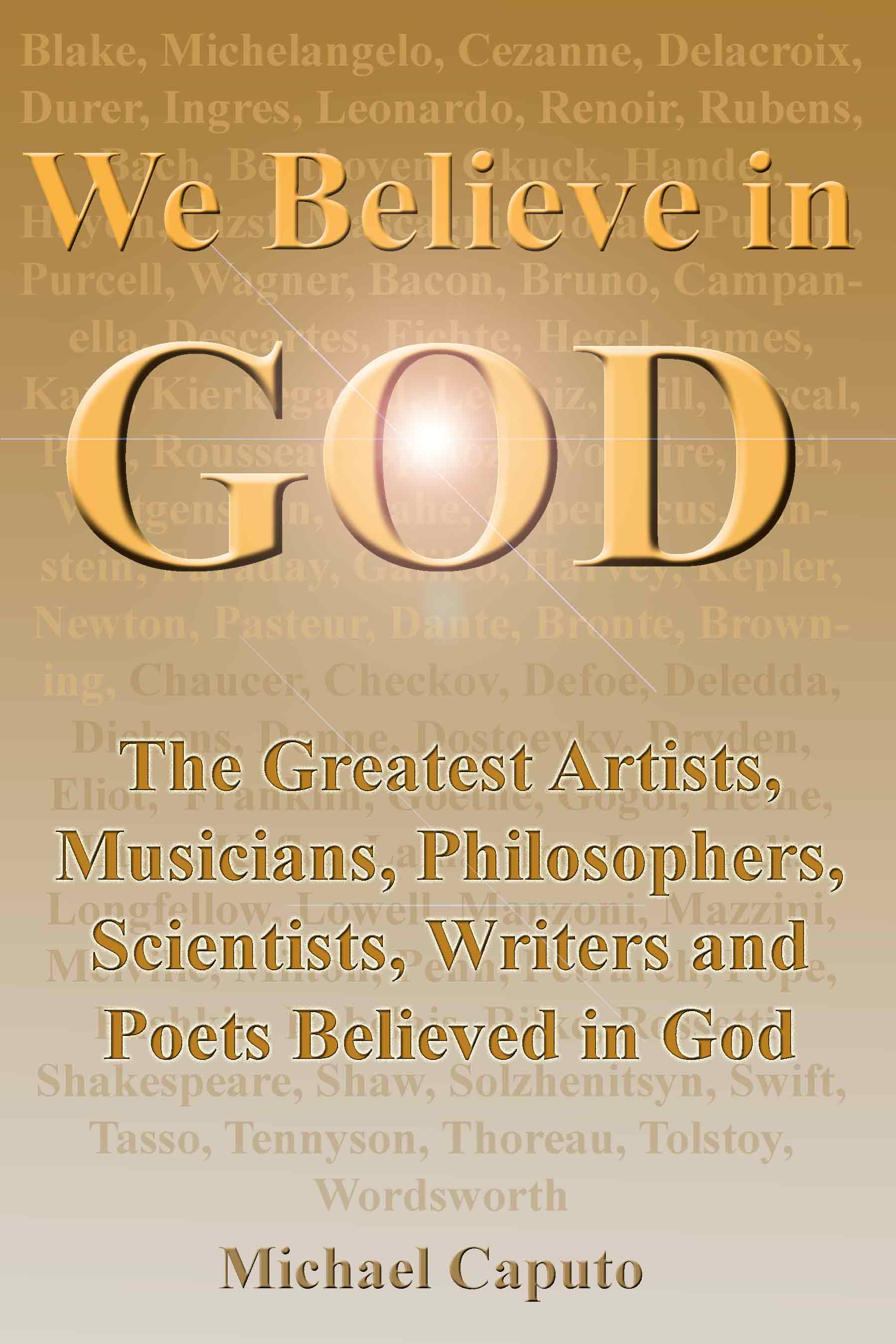|
|
||||||
| Agenda | ||||||
| Successes | ||||||
| Secrets | ||||||
| Inaccuracies | ||||||
| Distortions | ||||||
| Mistakes | ||||||
| Arrogance | ||||||
| Immorality | ||||||
| Crimes | ||||||
| Fear Mongering | ||||||
| Ex- Atheists | ||||||
| R. Dawkins | ||||||
| B. Russell | ||||||
| D. Hume | ||||||
| Atheists and Divorce | ||||||
| The Greatest Minds and God | ||||||
| Nobelists and God | ||||||
| Is God Cruel? | ||||||
| Is Christianity Evil? | ||||||
| Bible Contradictions? | ||||||
| Creationism | ||||||
| About God and Jesus Christ | ||||||
| Great Theistic Works | ||||||
| God's Existence Sites | ||||||
| C. Hitchens | ||||||
| S. Harris | ||||||
| P. Pullman | ||||||
| Open Letter to Atheist/Agnostic-Jews | ||||||
| Open Letter to Christians Who Embraced Atheism | ||||||
| Free Literature | ||||||
| The Author | ||||||
| MANY MORE TOPICS ON HOME PAGE | ||||||
| HOME | ||||||
RECOMMENDED READINGS
Mere Christianity C.S. Lewis Understanding Intelligent Design |
|
DAWKINS AND PETER SINGER'S "MORALITY" Some time back Richard Dawkins interviewed a man by the name of, Peter Singer. He started the interview with the following statement: “There are… many people who would say, But where does your morality come from? As I said, ‘you’re the most moral person I’ve ever met.’”[i] Who is this paragon of morality called Peter Singer? What are his moral credentials? What does this statement reveal about Richard Dawkins, the undisputed high priest of modern atheism? Peter Singer is one of the most distorted atheists the world has seen in a very long time. Please read his own words as he presents his views on babies and what to do with the ones who have disabilities in the following article by Donald Demarco. Singer, by trying to be more broadminded than is reasonable, has created a philosophy that actually dehumanizes people, reducing them to points of consciousness that are indistinguishable from those of many non-human animals. Therefore, what is of primary importance for the Princeton bioethicists is not the existence of the being in question, but its quality of life. But this process of dehumanization leads directly to discrimination against those whose quality of life is not sufficiently developed. Singer has little choice but to divide humanity into those who have a preferred state of life from those who do not. In this way, his broad egalitarianism decays into a narrow preferentialism: When we reject belief in God we must give up the idea that life on this planet has some preordained meaning. Life as a whole has no meaning. Life began, as the best available theories tell us, in a chance combination of gasses; it then evolved through random mutation and natural selection. All this just happened; it did not happen to any overall purpose. Now that it has resulted in the existence of beings who prefer some states of affairs to others, however, it may be possible for particular lives to be meaningful. In this sense some atheists can find meaning in life. Life can be meaningful for an atheist when he is able to spend his life in a "preferred state." The atheistic perspective here does not center on people, however, it centers on happiness. This curious preference for happiness over people engenders a rather chilling logic. It is not human life or the existing human being that is good, but the "preferred state." Human life is not sacrosanct, but a certain kind of life can be "meaningful." If one baby is disabled, does it not make sense to kill it and replace it with one who is not and "therefore" has a better chance for happiness? "When the death of the disabled infant," writes Singer, "will lead to the birth of another infant with better prospects of a happy life, the total amount of happiness will be greater if the disabled infant is killed. According to this avant garde thinker, unborn babies or neonates, lacking the requisite consciousness to qualify as persons, have less right to continue to live than an adult gorilla. By the same token, a suffering or disabled child would have a weaker claim not to be killed than a mature pig. Singer writes, in Rethinking Life and Death: Human babies are not born self-aware or capable of grasping their lives over time. They are not persons. Hence their lives would seem to be no more worthy of protection that the life of a fetus. And writing specifically about Down syndrome babies, he advocates trading a disabled or defective child (one who is apparently doomed to too much suffering) for one who has better prospects for happiness: We may not want a child to start on life's uncertain voyage if the prospects are clouded. When this can be known at a very early stage in the voyage, we may still have a chance to make a fresh start. This means detaching ourselves from the infant who has been born, cutting ourselves free before the ties that have already begun to bind us to our child have become irresistible. Instead of going forward and putting all our effort into making the best of the situation, we can still say no, and start again from the beginning."[ii] This is Peter Singer, according to Dawkins, “the most moral person he’s ever met.” Clearly Richard Dawkins must keep a circle of friends that is distorted beyond belief, if Peter Singer is the most moral of them all. Peter Singer is well known for his blood-curdling views. Few knew, though, that Richard Dawkins actually supports the man and holds him in such high esteem. When one is saturated with evolutionary thinking as both of these men are, it will follow that in time they will devalue human life and will move toward eugenics as a way to keep the human pool healthy and strong, even if this means getting rid of the weak and needy. This is the inevitable path that fanatical, evolutionistic leaders have followed and will continue to inevitably. Yet atheists are quick to elevate their “morals” as superior to Judeo-Christian morals. Humanity has a choice: follow the path laid by people like Dawkins and Singer or go back to the way of kindness and mercy toward the needy and weak as elevated by Jesus Christ and others like Him. What will YOU choose?
___________________________ [i] Richard Dawkins, “Richard Dawkins Interviews Peter Singer.” Atheist Movies Blogspot, 01 September 2011 <http://atheistmovies.blogspot.com/2010/05/richard-dawkins-interviews-with-peter.html> . [ii] Demarco, D., "Peter Singer: Architect of the Culture of Death." Catholic Education Resource Centre, 1 Sept. 2011<http://www.catholiceducation.org/articles/medical_ethics/me0049.html>.
|






